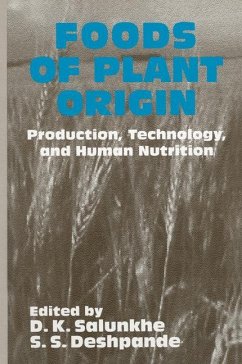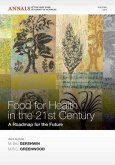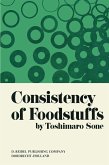The present world population of about five billion and its projected growth cre ate enonnous pressures and demands for food and industrial raw materials. It is to crop plants, one of our precious few renewable resources, that we must look to meet most of these needs. Globally, about 88% of our caloric requirements and 90% of our protein ultimately derive from plant sources-ample evidence of their importance to humankind. Our survival will therefore continue to de pend on the world's largest and certainly most important industry: agriculture. Yet in spite of our long history of domestication and civilization, the number of crop species involved in sustaining human life is strictly limited: Essentially, some twenty-four crops protect us from starvation. To know these basic food crop plants-to study how they function and how their productivity may be improved--is the first step in solving the world food problem. The primary objectives in writing this book were to address this chal lenge and to review comprehensively the wealth of available yet scattered infor mation on food crop productivity and processing. Unlike several other texts and monographs in this field, the present work was intended to give, in a single volume, a quick, infonnative view of the various problems from field to table concerning the major food crops worldwide.
Bitte wählen Sie Ihr Anliegen aus.
Rechnungen
Retourenschein anfordern
Bestellstatus
Storno








